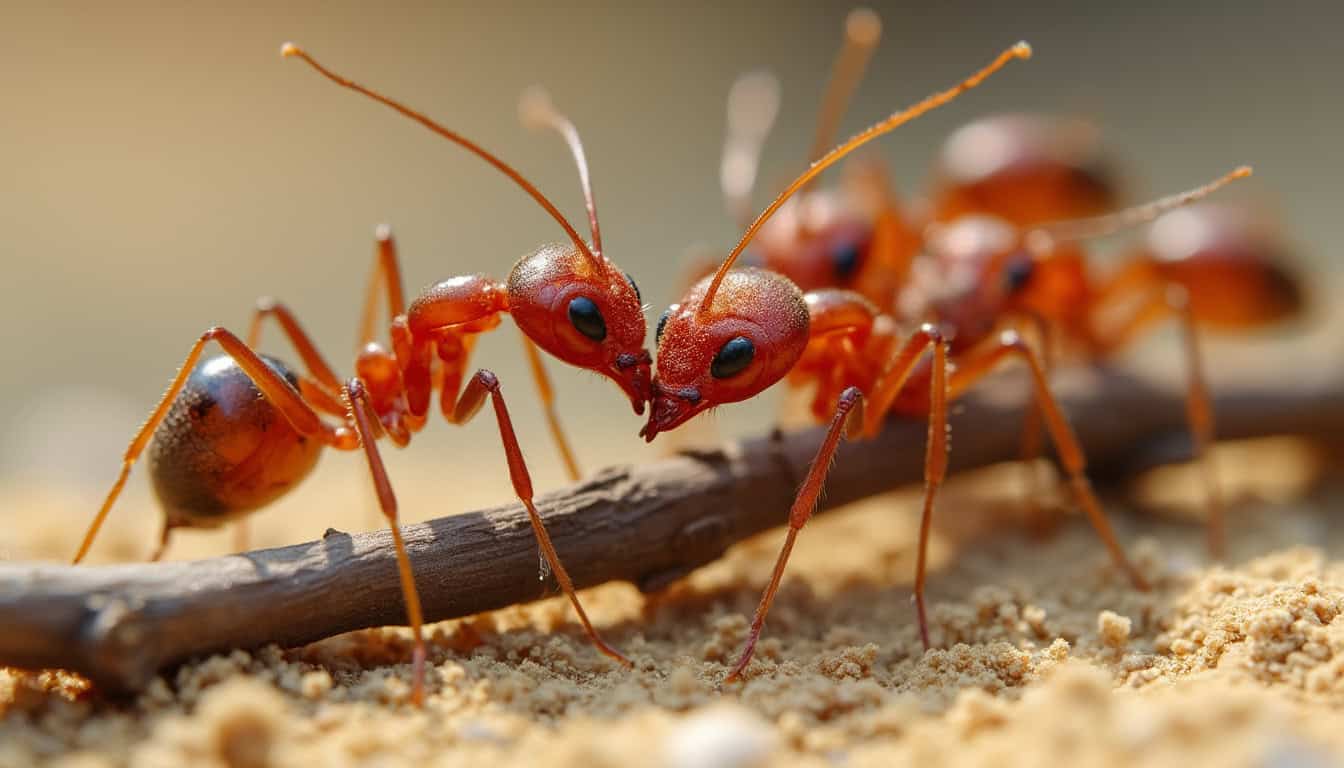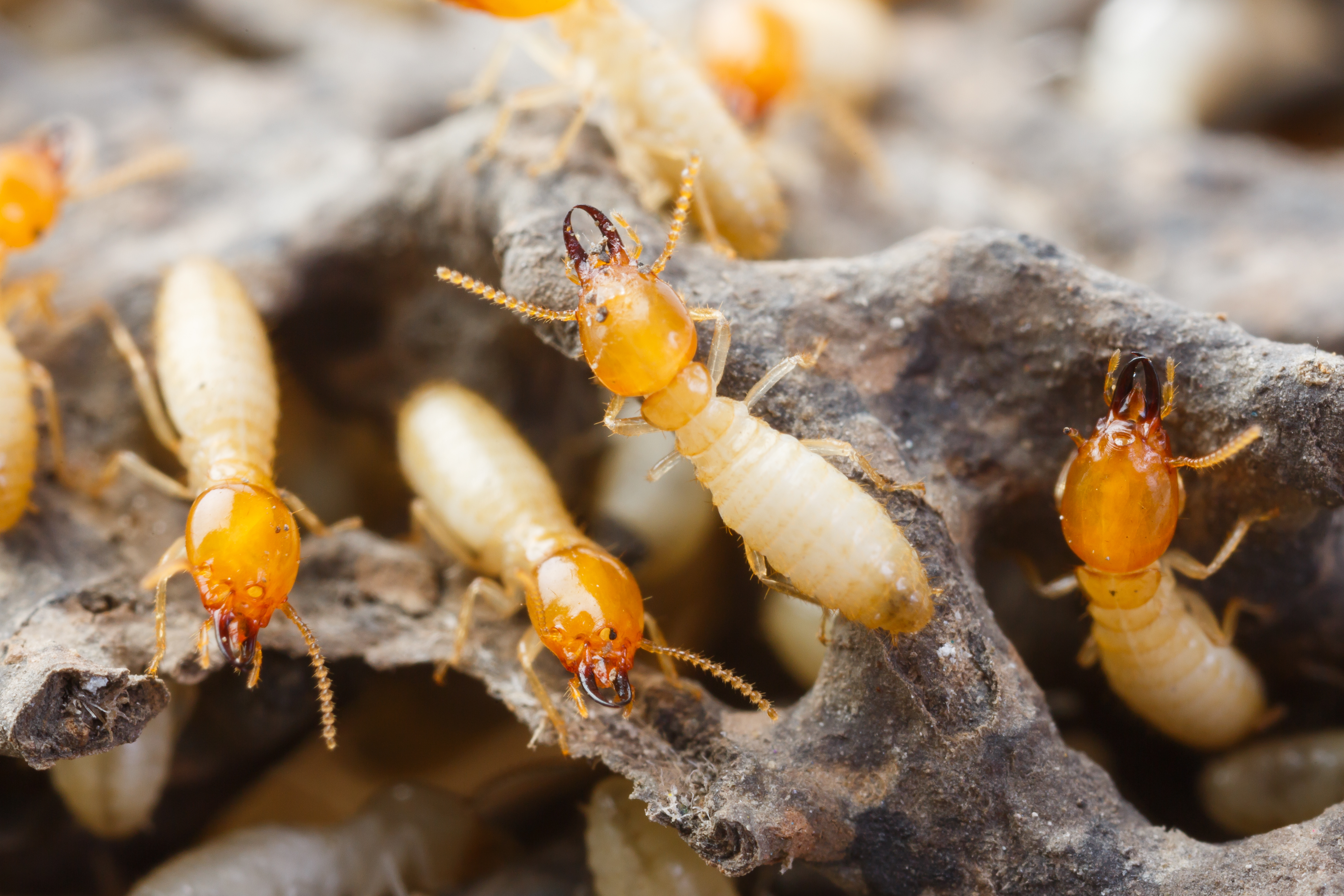Professional Termite Control Services: Safeguard Your Home from Termite Damage
Professional Termite Control Services: Safeguard Your Home from Termite Damage
Blog Article
Ecological Effect of Bug Control: Harmonizing Performance With Sustainability
The ecological effect of insect control is an essential problem that needs a delicate equilibrium in between achieving performance in managing pests and ensuring sustainability of our ecosystems. As we make every effort to shield our plants, homes, and wellness from the threats positioned by insects, the approaches we utilize can inadvertently hurt the environment. From the use of dangerous chemicals that seep right into our soil and water to the unexpected consequences on non-target varieties, the consequences of standard insect control techniques are far-reaching. Nonetheless, there are emerging approaches that provide wish for a more sustainable strategy to pest management. These remedies not only aim to resolve the immediate bug troubles but also consider the long-lasting health and wellness of our earth.
Dangerous Chemicals in Parasite Control
The application of harmful chemicals in bug control presents considerable environmental and health and wellness dangers that call for mindful consideration and mitigation methods. Chemicals, insecticides, and herbicides are typically made use of to eradicate insects, but their widespread application can lead to unintended effects. These chemicals can infect dirt, water sources, and the air, influencing not just the targeted insects however also valuable pests, wildlife, and human beings.

To address these dangers, incorporated parasite administration (IPM) methods are being promoted as an extra sustainable choice. IPM involves a combination of methods such as biological control, habitat control, and the targeted use pesticides as a last option (ant control davidson nc). By embracing a holistic technique to pest control, we can minimize the environmental and health effects linked with damaging chemicals while efficiently taking care of pest populations
Effect On Non-Target Variety
Taking into consideration the unintentional consequences of insect control techniques, the impact on non-target types is a crucial element that calls for comprehensive evaluation. While bug control measures intend to target certain pests, other microorganisms in the environment might be accidentally influenced. Non-target species, consisting of useful insects, birds, mammals, and also plants, can endure indirect or direct harm from pesticide applications or biological control techniques.
Insecticides developed to deal with a specific insect bug might damage pollinators like bees or natural killers such as ladybugs. Organic control agents, if not species-specific, can present risks to unplanned targets, disrupting the environmental balance.
To alleviate the influence on non-target types, incorporated pest administration (IPM) methods that emphasize a holistic method to pest control are suggested. These methods prioritize the usage of eco-friendly practices, decreasing damage to useful organisms while effectively handling pest populations. Carrying out detailed threat assessments and checking the end results of bug control efforts are crucial actions in securing non-target types and promoting total environment wellness.
Dirt and Water Contamination
Unintentional ecological consequences of insect control techniques extend beyond impacting non-target species, with considerable ramifications for dirt and water contamination - termite control services. Pesticides, herbicides, and chemical plant foods made use of in pest control can leach into the dirt and infect groundwater, posing a danger to both earthbound and aquatic environments.
Water contamination is one more crucial problem connected with insect control techniques. To reduce soil and water contamination from parasite control tasks, integrated bug administration approaches that prioritize sustainability and minimize chemical inputs are critical.
Air Air Pollution From Chemical Use
Exposure to airborne pesticides throughout farming applications presents a significant concern for air contamination control procedures. They can volatilize into the air and type unstable organic compounds (VOCs) and other air-borne contaminants when pesticides are sprayed onto crops - ant control services. These chemicals can contribute to the development of ground-level ozone, a major part of smog that can have damaging effects on human wellness, crop performance, and overall air top quality. Furthermore, pesticide drift, where chemicals are lugged by the wind to unintended areas, can cause the contamination of neighboring ecological communities and water bodies.

Methods for Lasting Parasite Control
In the realm of agricultural techniques, executing lasting bug control methods is paramount for preserving environmental equilibrium and protecting plant yields. Sustainable insect control highlights using eco-friendly techniques to take care of parasite populaces effectively while lessening harm to non-target organisms and communities. Integrated Pest Administration (IPM) is an extensively taken on technique that combines biological, cultural, physical, and chemical control methods to accomplish long-term parasite monitoring options.
One key method in lasting pest control is advertising biodiversity within agroecosystems. By enhancing natural opponents of bugs, such as predators and parasitoids, farmers can lower the need for synthetic chemicals. Crop turning and diversity are likewise reliable techniques to interrupt pest life cycles and develop less desirable conditions for bugs to grow. Additionally, using pest-resistant crop selections and using techniques like catch chopping can help in reducing bug stress without counting greatly on chemical treatments. Eventually, by incorporating these lasting bug control approaches, farmers can achieve a balance between pest administration performance and environmental stewardship.
Conclusion
Finally, the environmental influence of pest control methods should be thoroughly taken into consideration to stabilize efficiency with sustainability. Damaging chemicals made use of in pest control can bring about soil and water contamination, air pollution, and damage non-target varieties - ant control services. It is essential to carry out lasting bug control approaches to decrease these adverse effects on the atmosphere and advertise a much healthier ecological community for future generations
By taking on an all natural official website strategy to pest control, we can reduce the ecological and health and wellness impacts linked with dangerous chemicals while efficiently handling pest populations.

To minimize the air contamination triggered by pesticide use, it is crucial to embrace incorporated pest monitoring methods that focus on the use of non-chemical bug control approaches, such as crop rotation, all-natural killers, and resistant plant ranges. Lasting parasite control emphasizes the usage of eco pleasant techniques to take care of pest populations successfully while lessening harm to non-target organisms and ecological communities. Integrated Bug Management (IPM) is a commonly embraced approach that integrates biological, social, physical, and chemical control approaches to attain long-lasting bug management remedies.
Report this page